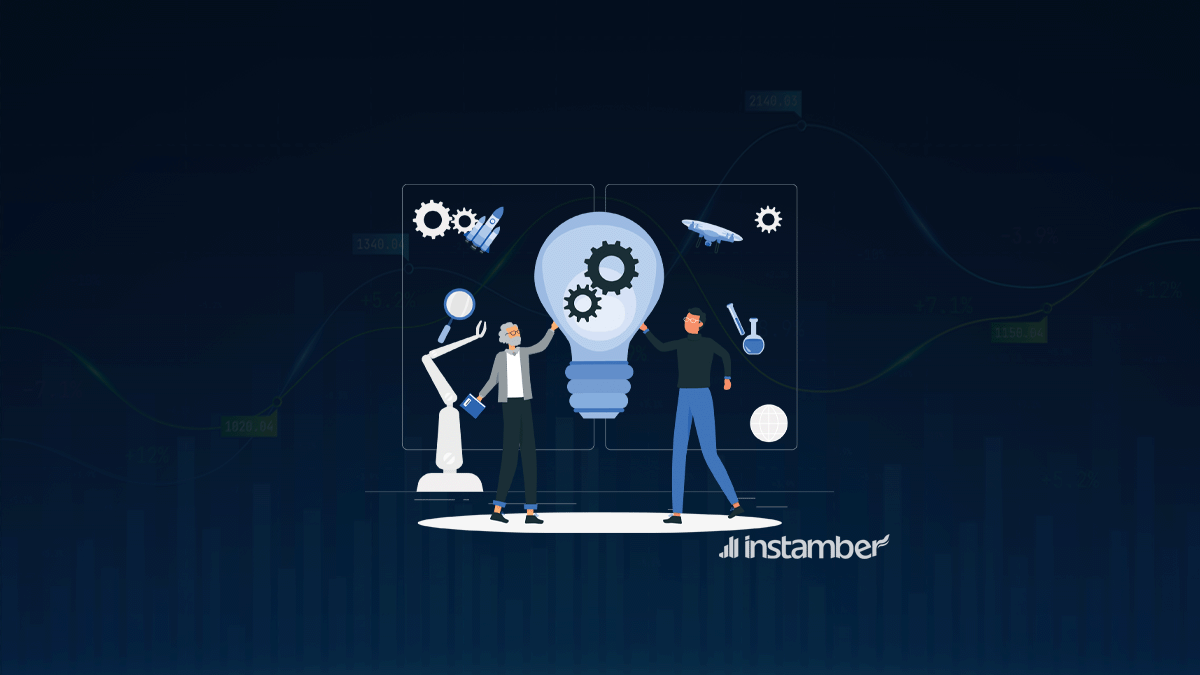In today’s fast-evolving technological landscape, startups stand as vanguards of innovation. They disrupt industries, challenge established norms, and usher in transformative solutions. Among these disruptive innovations, one concept that has been gaining substantial traction is edge computing.
URL: https://unsplash.com/photos/YI_9SivVt_s
The Edge of Technological Advancement
Edge computing represents a paradigm shift that brings data processing in proximity to the point of data generation. Instead of relying solely on centralized cloud servers, edge computing empowers startups to process and analyze data at the very periphery of their networks. This approach presents a host of advantages, particularly pertinent to startups seeking to redefine industry standards. In this era of technological innovation, companies like Lemon.io play a pivotal role in guiding businesses toward the cutting edge of edge computing by connecting them with skilled developers capable of harnessing its transformative potential.
Speed and Minimized Latency
In an era where real-time decision-making is paramount, the merits of edge computing are stark. By conducting data processing locally, startups can significantly diminish latency, ensuring prompt and decisive action. This holds critical importance in sectors like autonomous vehicles, industrial automation, and augmented reality, where even the slightest delay is intolerable.
Optimal Bandwidth Utilization
Edge computing effectively mitigates the necessity to transmit vast volumes of data to remote cloud servers. For startups, this translates into reduced bandwidth costs and efficient data utilization. It stands as a pivotal asset for IoT devices, which often generate copious amounts of data that could otherwise overwhelm network resources.
Heightened Privacy and Security
Data security breaches and concerns over privacy are paramount for startups. Edge computing allows sensitive data to remain localized, diminishing the risks associated with data exposure during transit to remote cloud servers. This proves instrumental, particularly in sectors such as healthcare and finance, where data integrity is sacrosanct.
Seamless Offline Operations
Startups frequently operate within environments characterized by sporadic or unreliable internet connectivity. Edge computing grants devices the capacity to sustain functionality even when disconnected from the cloud, ensuring uninterrupted operations and a seamless end-user experience.
Use Cases: Illuminating the Excellence of Edge Computing
- IoT Devices: Startups engaged in the Internet of Things (IoT) sector stand to gain significantly from edge computing’s local data processing capabilities. Smart homes, wearables, and connected industrial equipment all necessitate swift and resourceful data analysis at the edge.
- Autonomous Systems: Edge computing underpins the realm of autonomous vehicles and drones. These systems mandate split-second decision-making, a feat achievable solely through localized data processing.
- Retail and Enhanced Customer Experience: In the retail sector, edge computing can personalize customer experiences in real-time. From product recommendations to in-store traffic analysis, startups can elevate the shopping encounter.
- Healthcare: Within the healthcare sector, startups harness edge computing for remote patient monitoring, guaranteeing secure and accessible patient data even in remote or underprivileged regions.
Challenges and Deliberations
While the merits of edge computing for startups are manifest, there exist multifaceted challenges that necessitate careful consideration:
- Infrastructure Costs: The implementation of edge computing may demand substantial investments in edge servers and infrastructure, obliging startups to formulate meticulous budgetary plans.
- Data Management Complexity: The management of data at the edge is inherently intricate. Startups must uphold data integrity, bolster security, and ensure compliance with regulatory frameworks.
- Scalability Prerequisites: As startups burgeon, their edge infrastructure demands parallel expansion. Prudent planning is imperative to avert operational bottlenecks.
The Forward Trajectory of Edge Computing in Startups
Edge computing stands poised to become an indispensable facet of the startup ecosystem. Its capacity to deliver speed, security, and efficiency aligns seamlessly with the demands of nascent technologies. As startups persist in pushing the boundaries of innovation, edge computing will hold a pivotal role in fostering their prosperity.
In summation, edge computing empowers startups to harness the potency of data where it counts most: at the edge. This transformative concept provides startups with the nimbleness and effectiveness requisite to flourish in a fiercely competitive arena. As edge computing advances, it will undeniably catalyze innovation and delineate the future of startups across an array of industries.


